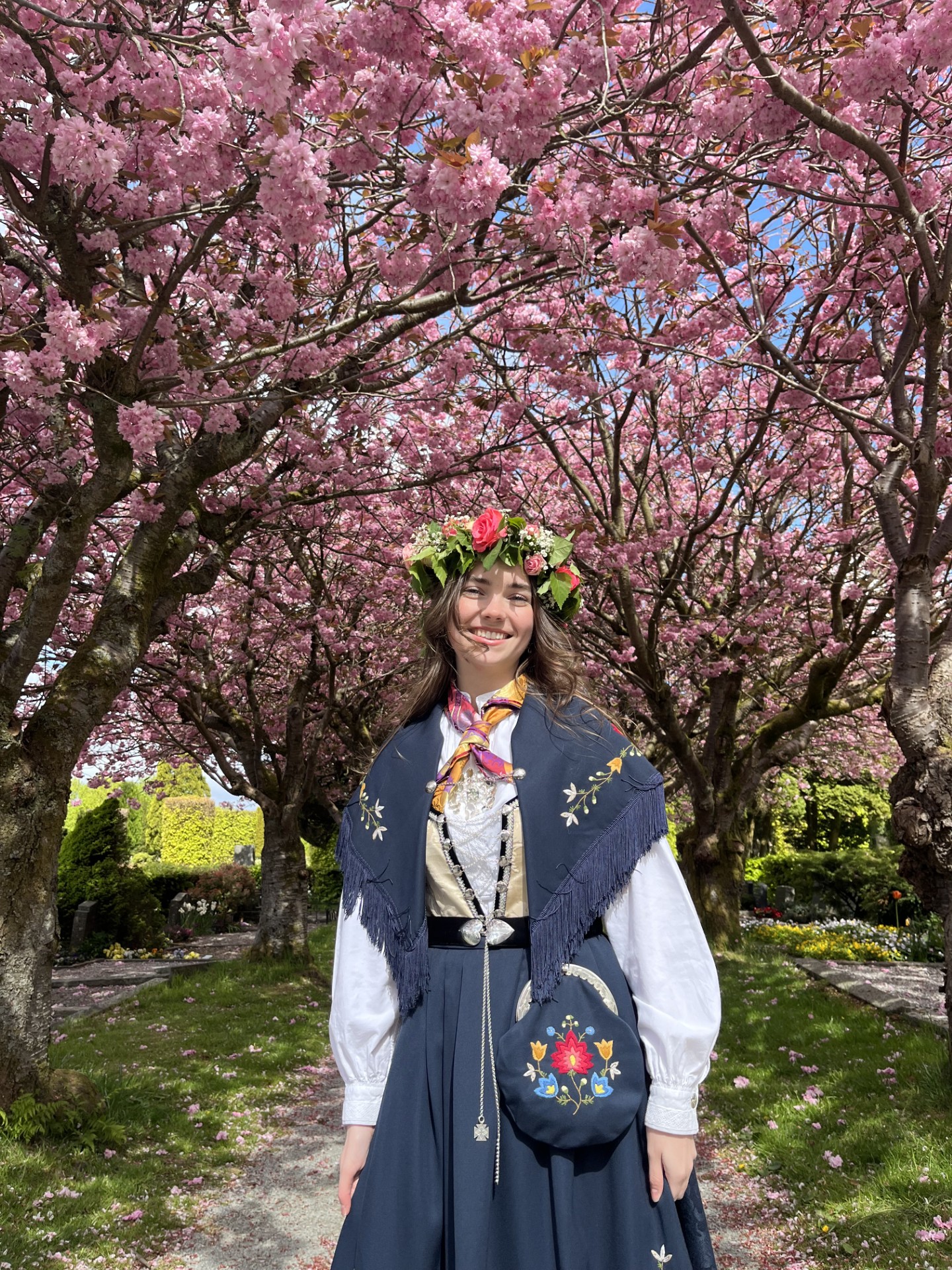
What is your name?
Live Grødem
Where are you from?
Stavanger, Norway
To which class do you belong?
MSc Neuroscience class of 2025
Where and what did you study before joining Imperial College London?
BSc Biomedical Science at Queen Mary University of London
How did you find your Master’s experience at the College?
I had a wonderful time at Imperial. The course was very engaging, challenging and had a very steep learning curve. I had the chance to learn from world-class professors and lecturers, getting a broad understanding of neuroscience while also specialising in my own research interests. I particularly valued the translational aspect of the programme, the staff and the environment, as well as my peers who shared the same passion for science
Which research project did you work on?
I did my project with the Brain and Behavioural lab under the supervision of Dr. Paul Bentley. I investigated the use of wearable devices for motion tracking in stroke patients to improve current stroke assessments and inform rehabilitation strategies.
Where are you now?
I am currently working in the Thuret lab at King’s College London
What are you working on?
I am investigating the role of platelets in Alzheimer’s disease. We are growing hippocampal progenitor cells and treating them with platelets and platelet-poor plasma to explore whether platelet-derived factors influence cellular processes linked to Alzheimer’s risk
What is the most important lesson you learnt as a Master’s student?
To be adaptable. In science, things rarely run exactly to plan, and I learnt how to manage setbacks and find alternative approaches to keep projects moving forward
How did the Master’s programme help you get to where you are now?
I have grown a lot as a scientist. I have been introduced to the translational side of neuroscience and gained a valuable skill set to take with me into future research. I developed independence, strong collaboration and networking skills, and an interest in combining wet lab research with data-driven approaches such as machine learning and AI. These experiences now guide me as I explore PhD and research opportunities at the intersection between neuroscience and technology